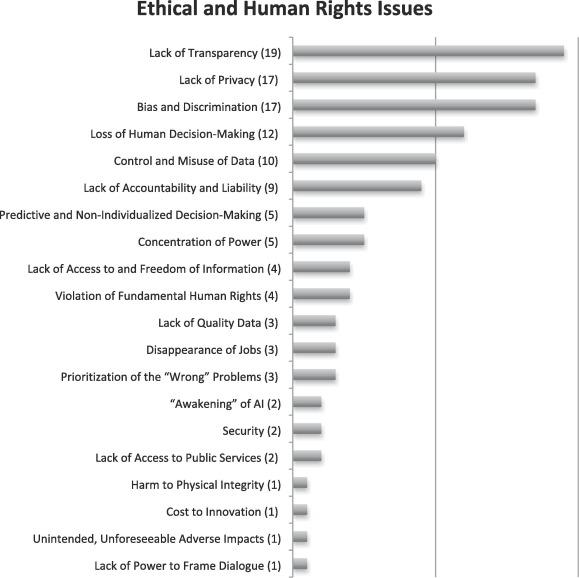Earlier this month, the White House Office of Science and Technology Policy (OSTP) Scientific Integrity Task Force released a report titled “Protecting the Integrity of Government Science.” While broad-based and overarching, the report calls attention to the particular challenges associated with artificial intelligence and machine learning.
The OSTP report is a response to President Biden’s directive to ensure lawmakers are making decisions based on scientific evidence and data with the aim of restoring the public’s trust in the government.
The document identifies scientific integrity principles and best practices meant to verify that “science is conducted, managed, communicated, and used in ways that preserve its accuracy and objectivity and protect it from suppression, manipulation, and inappropriate influence—including political interference.”
The foreword to the report — signed by OSTP Director Eric Lander, OSTP Deputy Director for Science and Society Alondra Nelson and OSTP Deputy Director for Climate and Environment Jane Lubchenco — lists the five new principles that will guide the agency’s scientific integrity policy:

These build on the original six principles set out by the Obama administration[i] in 2009.
The report cites additional key themes that scientific integrity policies should address, such as improving diversity, equity, inclusion, and accessibility (DEIA) and ameliorating potential bias in artificial intelligence and machine learning.
The report acknowledges: “AI and ML algorithms can magnify biases inherent in underlying data source and may contain their own inherent biases that lead to inaccurate findings, conclusions, and policy decisions. Lack of transparency into ML algorithms can undermine trust in the outcomes generated and ultimately in science and government. The concentration of data and AI capabilities in the hands of the Federal Government and private sector organizations may create inequities in who can conduct leading-edge research and who can access and make use of the results of such work.”
The task force advises that scientific integrity policies should help ensure that:
OSTP is planning to use the report’s data to create a near-term plan for assessing and enhancing scientific-integrity policies that agency leaders can deploy within their organizations.
The Scientific Integrity Task Force formed in May 2021 and includes 57 members from 29 agencies. The task force “addresses short-term, high-priority actions to strengthen scientific integrity and also lays the groundwork for longer-term coordination of Federal agency scientific integrity efforts.”
[i] The original six principles are:
Topics:AI, Compliance, Diversity, Research, StandardsSectors:Academia & Research, GovernmentTags:artificial intelligence, government, machine learning, science, scientific integrity



